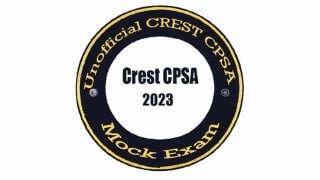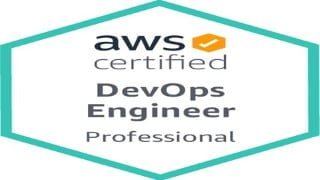Ultimate Practice Exams MuleSoft Certified Developer Level 1
Prepare for the MuleSoft Certified Developer Certification Exam – Level 1 with our practice exams course. Test your knowledge and improve your career!
Interested in MuleSoft Certified Developer Certification Exam – Level 1 and passing it in the first attempt? Then, this course is for you!
The practice exams course is designed to test you on the exam syllabus of the MuleSoft Certified Developer Certification Exam – Level 1. The practice exams simulate the examination questions, environment, timing, and passing percentage. It is targeted toward newbies, professionals, students preparing for interviews, or anyone seeking to hone the MuleSoft Certified Developer skills and gain certification. In this course, we will cover questions from all areas that get tested in the MuleSoft Certified Developer Certification Exam – Level 1.
So what are you waiting for? Learn MuleSoft Certified Developer concepts in a way that will test your knowledge to reveal the areas that require improvement to pass the certification examination and improve your career!
A MuleSoft Certified Developer – Level 1 should be able to successfully work on basic Mule 4 projects with guidance and supervision. The MuleSoft Certified Developer – Level 1 exam validates that a developer has the required knowledge and skills to design, build, test and debug, deploy, and manage basic APIs and integrations: moving from Anypoint Platform to Anypoint Studio and back. Certified candidates should be able to:
Use MuleSoft-hosted Anypoint Platform to take a basic API through all the steps of its lifecycle: design, build, deploy, manage, and govern.
Use Anypoint Studio to build, test, and debug basic integrations and API implementations.
Connect to a range of resources including databases, files, web services, SaaS applications, and JMS queues.
Perform basic data transformations using DataWeave 2.0.
Control event flow and handle errors.
Process batch records.
Format
Format: Multiple-choice, closed book, proctored, online
Length: 60 questions
Duration: 120 minutes (2 hours)
Pass score: 70%
Language: English
You can take the exam a maximum of 5 times, with a 24-hour wait between each attempt.
Cost
You can purchase the exam with one of the following. Each includes one free retake.
$250
1 MuleSoft Training Credit (MTC)
Additional retakes (i.e. attempts 3 to 5) are 50% off and do not come with a free retake.
You can also get two exam attempts with the successful completion of the Anypoint Platform
Development: Fundamentals (Mule 4) course or the Anypoint Platform Development: Mule 4 for Mule 3
Users course.
Topics
The exam validates that you can perform the following tasks.
Explaining application network basics Resources
Designing and consuming APIs
Accessing and modifying Mule events
Structuring Mule applications
Building API implementation interfaces
Routing events
Handling errors
Transforming data with DataWeave
Using Connectors
Processing records
Debugging and troubleshooting Mule applications
Deploying and managing APIs and integrations
Thanks for joining the course. I am looking forward to seeing you. let’s get started!
Who this course is for:
- Anyone aspiring for the MuleSoft Certified Developer Certification Exam – Level 1 MCD
User Reviews
Be the first to review “Ultimate Practice Exams MuleSoft Certified Developer Level 1”
You must be logged in to post a review.







There are no reviews yet.